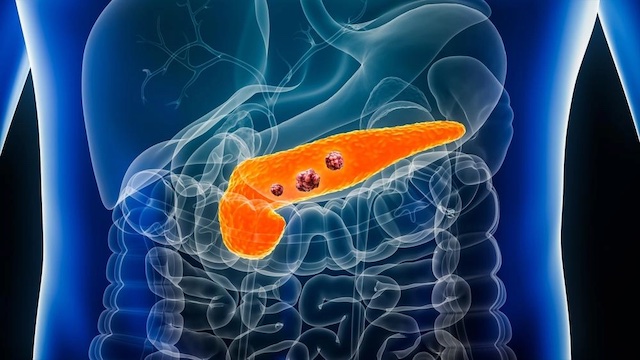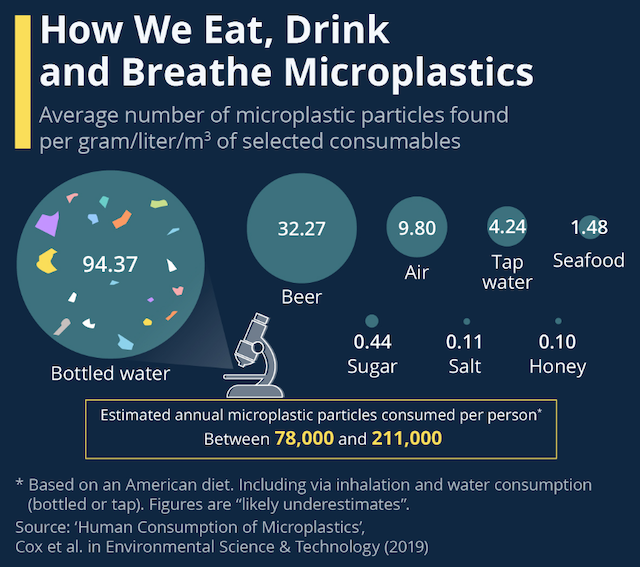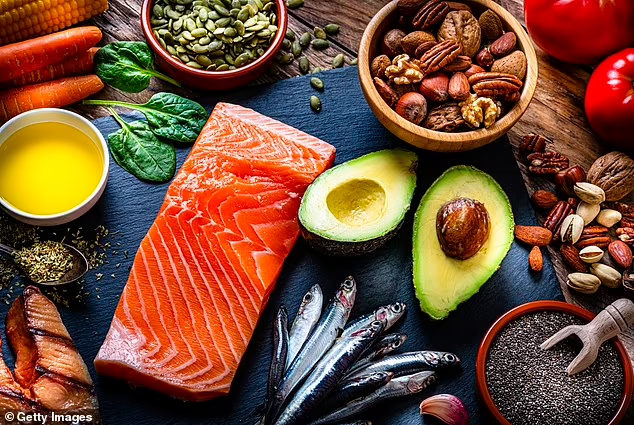 A doctor is calling for a ‘pause’ on a common medical test given to millions of people each year after research found it could be contributing to America’s cancer crisis.
A doctor is calling for a ‘pause’ on a common medical test given to millions of people each year after research found it could be contributing to America’s cancer crisis.
Computerized tomography (CT) scans can be life-saving tests, used to diagnose and monitor diseases like cancer and bone injuries, as well as to assist in surgeries and evaluate the effectiveness of certain treatments.
However, experts say they are sometimes overprescribed and performed unnecessarily, potentially because of money-making opportunities for the hospitals, as the tests are very expensive (costing as much as $6,800 per scan), or out of doctors’ fears of missing a diagnosis and being sued. Continue reading

 The following letter was sent by Dr. Wm. D. Kelley, DDS, MS to patients who had been referred to him by other Doctors, and whose records were subsequently appropriated by agents of the FBI. Kelley subsequently submitted this to the Oklahoma Health Seeker for its Premier Monthly newsletter Issue, Volume 1, No. 1, April 1975.
The following letter was sent by Dr. Wm. D. Kelley, DDS, MS to patients who had been referred to him by other Doctors, and whose records were subsequently appropriated by agents of the FBI. Kelley subsequently submitted this to the Oklahoma Health Seeker for its Premier Monthly newsletter Issue, Volume 1, No. 1, April 1975. Rates of ADHD medication use, particularly stimulants, have been rising in the United States, especially since the COVID-19 pandemic, with prescriptions for both stimulant and non-stimulant ADHD medications surging.
Rates of ADHD medication use, particularly stimulants, have been rising in the United States, especially since the COVID-19 pandemic, with prescriptions for both stimulant and non-stimulant ADHD medications surging. Levothyroxine is a frequently prescribed drug in the United States, particularly for older people, as lower thyroid function can be associated with aging.
Levothyroxine is a frequently prescribed drug in the United States, particularly for older people, as lower thyroid function can be associated with aging. A pacemaker can greatly improve daily life, and many people can return to normal life quickly. However, it is important to maintain the device and be aware of certain lifestyle changes.
A pacemaker can greatly improve daily life, and many people can return to normal life quickly. However, it is important to maintain the device and be aware of certain lifestyle changes.
 Pancreatic cancer is one of the deadliest forms of cancer, with a five-year survival rate of less than 10%. Often called a “silent killer,” it typically shows few early symptoms, making it challenging to detect until it has reached an advanced stage.
Pancreatic cancer is one of the deadliest forms of cancer, with a five-year survival rate of less than 10%. Often called a “silent killer,” it typically shows few early symptoms, making it challenging to detect until it has reached an advanced stage.
 Did you know that the sodium fluoride the U.S. government drips into the public water supply causes cancer, brittle bones, kidney and gall stones, lowered immune system function, leaky brain syndrome, lowered IQ, and a calcified pineal gland in the brain? Do you believe the ads on TV for prescription drugs will help you tackle your illnesses? You must have fluoride brain. Do you think vaccines are created to prevent the contraction and spread of disease? You must be suffering from leaky brain syndrome caused by fluoridated tap water.
Did you know that the sodium fluoride the U.S. government drips into the public water supply causes cancer, brittle bones, kidney and gall stones, lowered immune system function, leaky brain syndrome, lowered IQ, and a calcified pineal gland in the brain? Do you believe the ads on TV for prescription drugs will help you tackle your illnesses? You must have fluoride brain. Do you think vaccines are created to prevent the contraction and spread of disease? You must be suffering from leaky brain syndrome caused by fluoridated tap water.  In today’s world, plastic products are ubiquitous, permeating nearly every aspect of modern life. However, research highlighting a concerning link between these plastics and human health. Studies indicate that microplastic particles can cause DNA damage and may significantly increase the risk of various cancers
In today’s world, plastic products are ubiquitous, permeating nearly every aspect of modern life. However, research highlighting a concerning link between these plastics and human health. Studies indicate that microplastic particles can cause DNA damage and may significantly increase the risk of various cancers Mainland Chinese scientists have discovered a new coronavirus strain, HKU5-COV-2, in bats. This virus uses the same cell-surface protein to enter human cells as the SARS-CoV-2 virus, which causes COVID-19.
Mainland Chinese scientists have discovered a new coronavirus strain, HKU5-COV-2, in bats. This virus uses the same cell-surface protein to enter human cells as the SARS-CoV-2 virus, which causes COVID-19.

 U.S. Health Secretary Robert F. Kennedy Jr. recently told executives from top food companies that he wants artificial dyes out of the nation’s food supply before he leaves office, according to a food company trade association email.
U.S. Health Secretary Robert F. Kennedy Jr. recently told executives from top food companies that he wants artificial dyes out of the nation’s food supply before he leaves office, according to a food company trade association email.